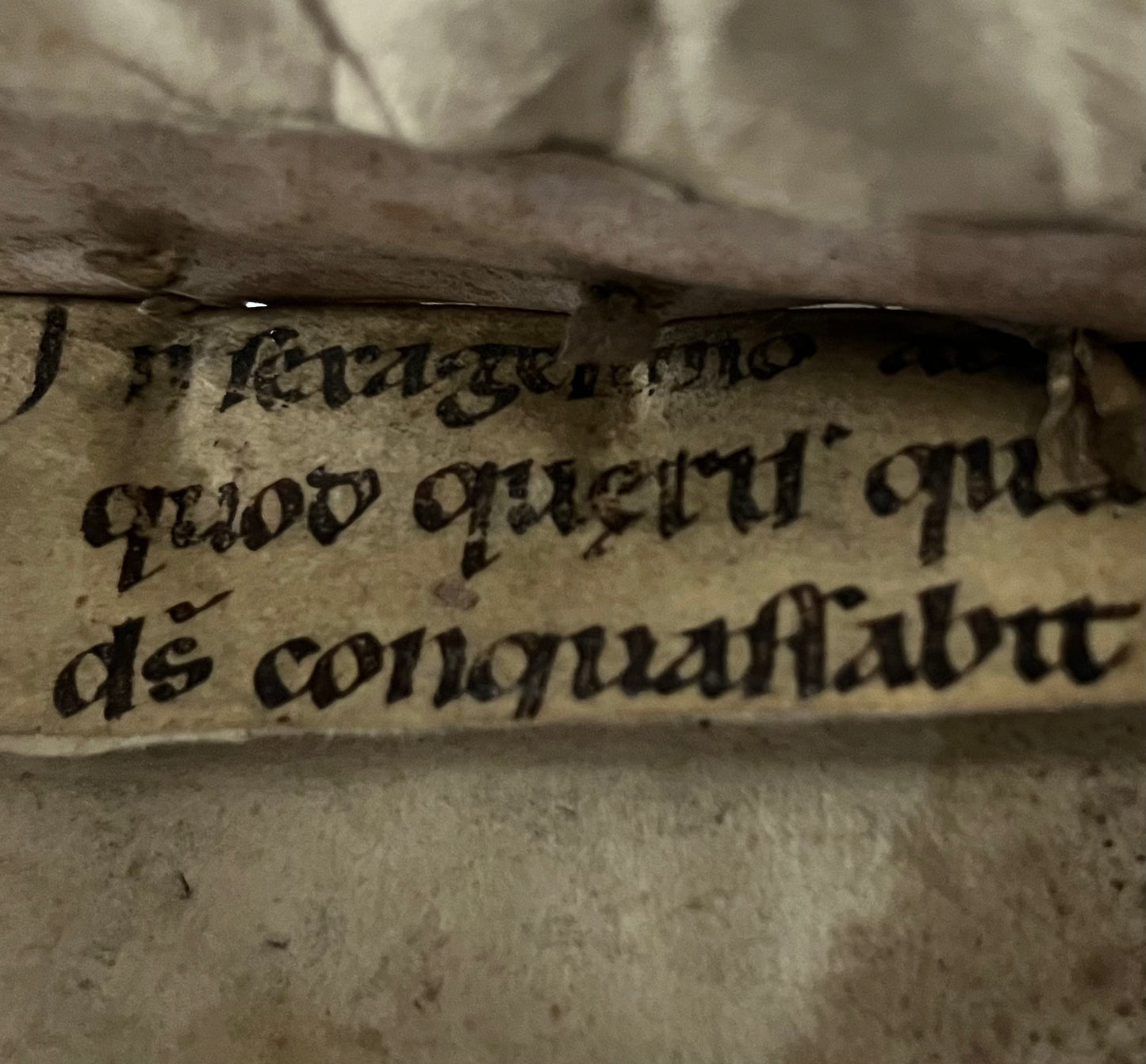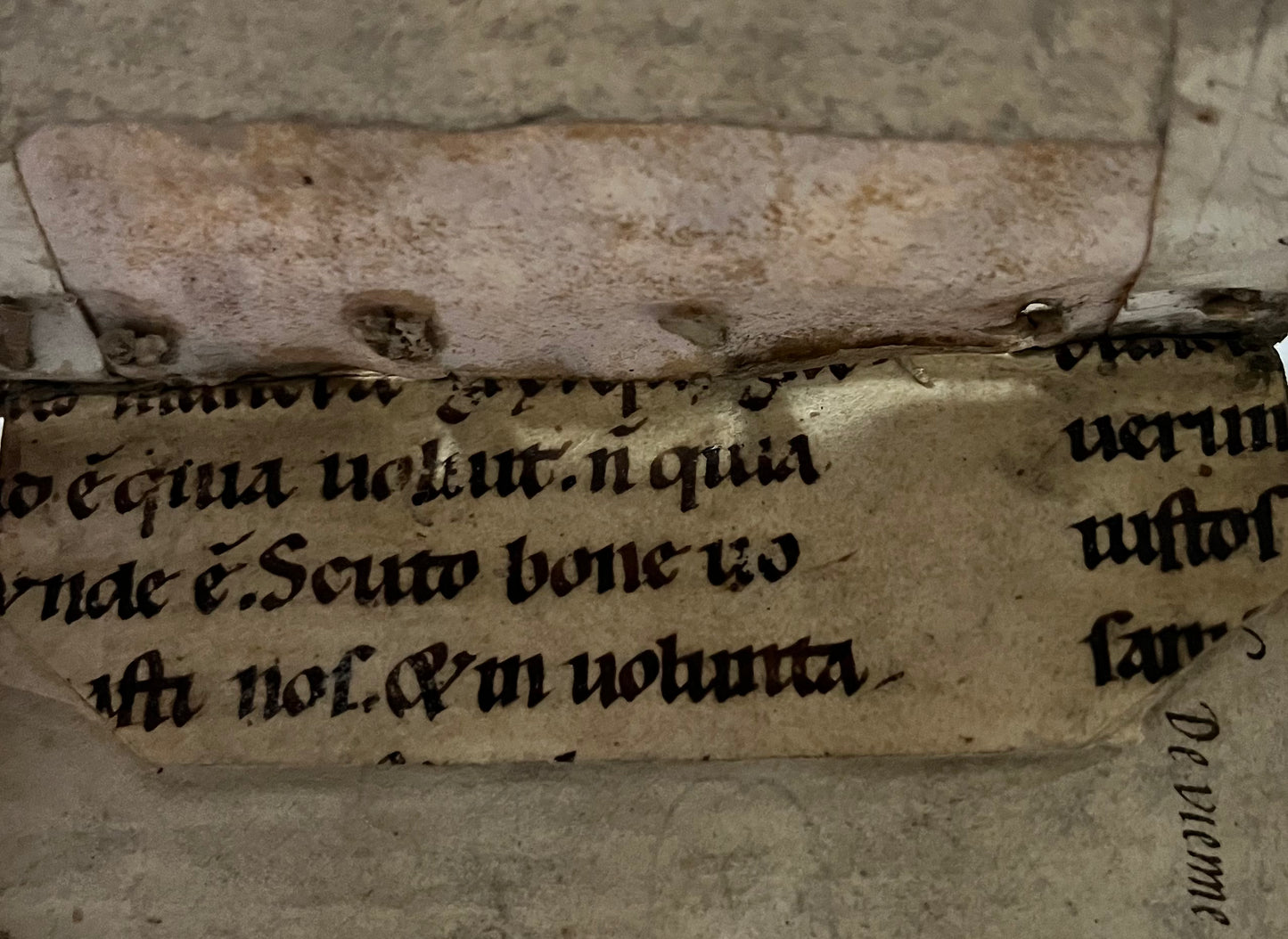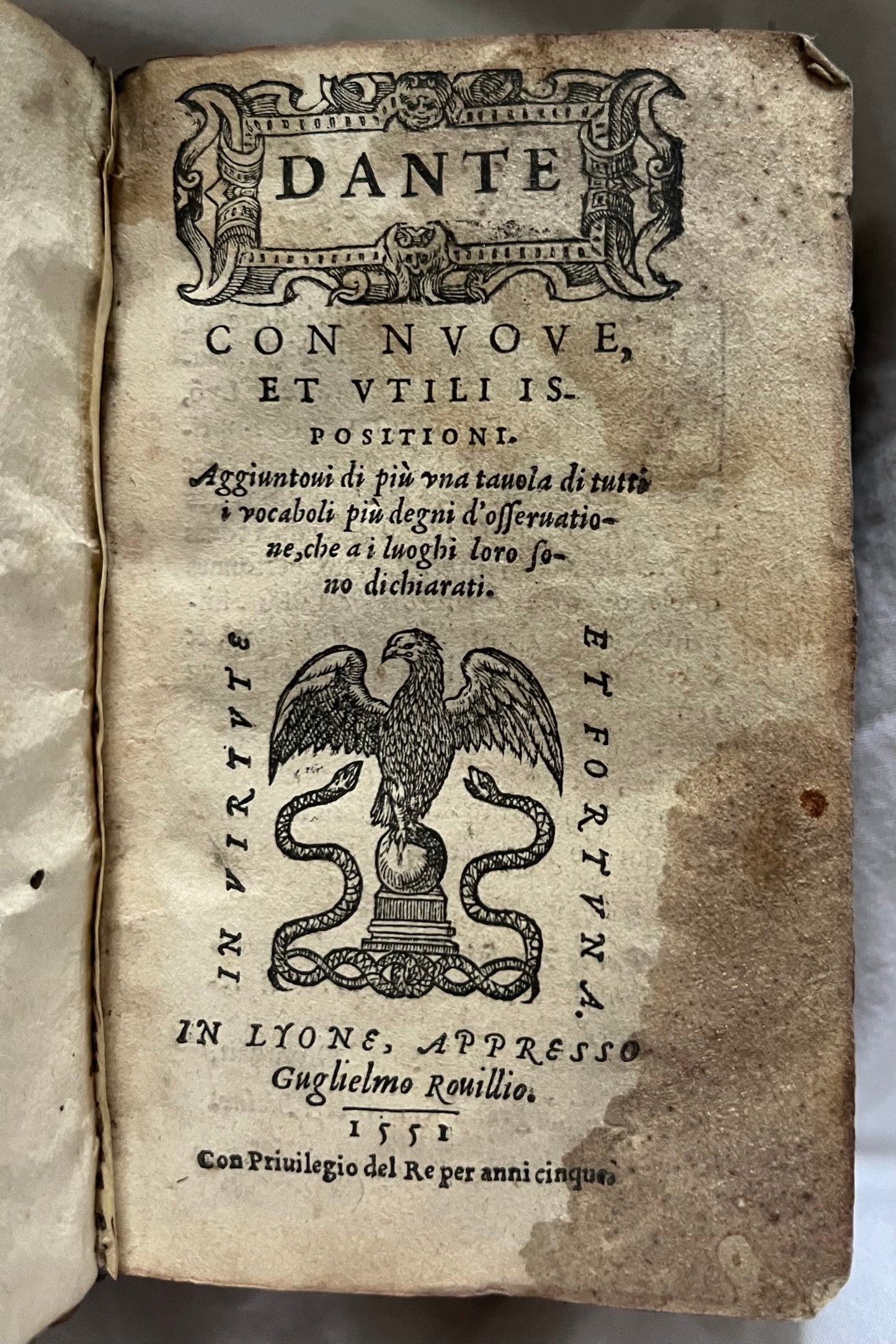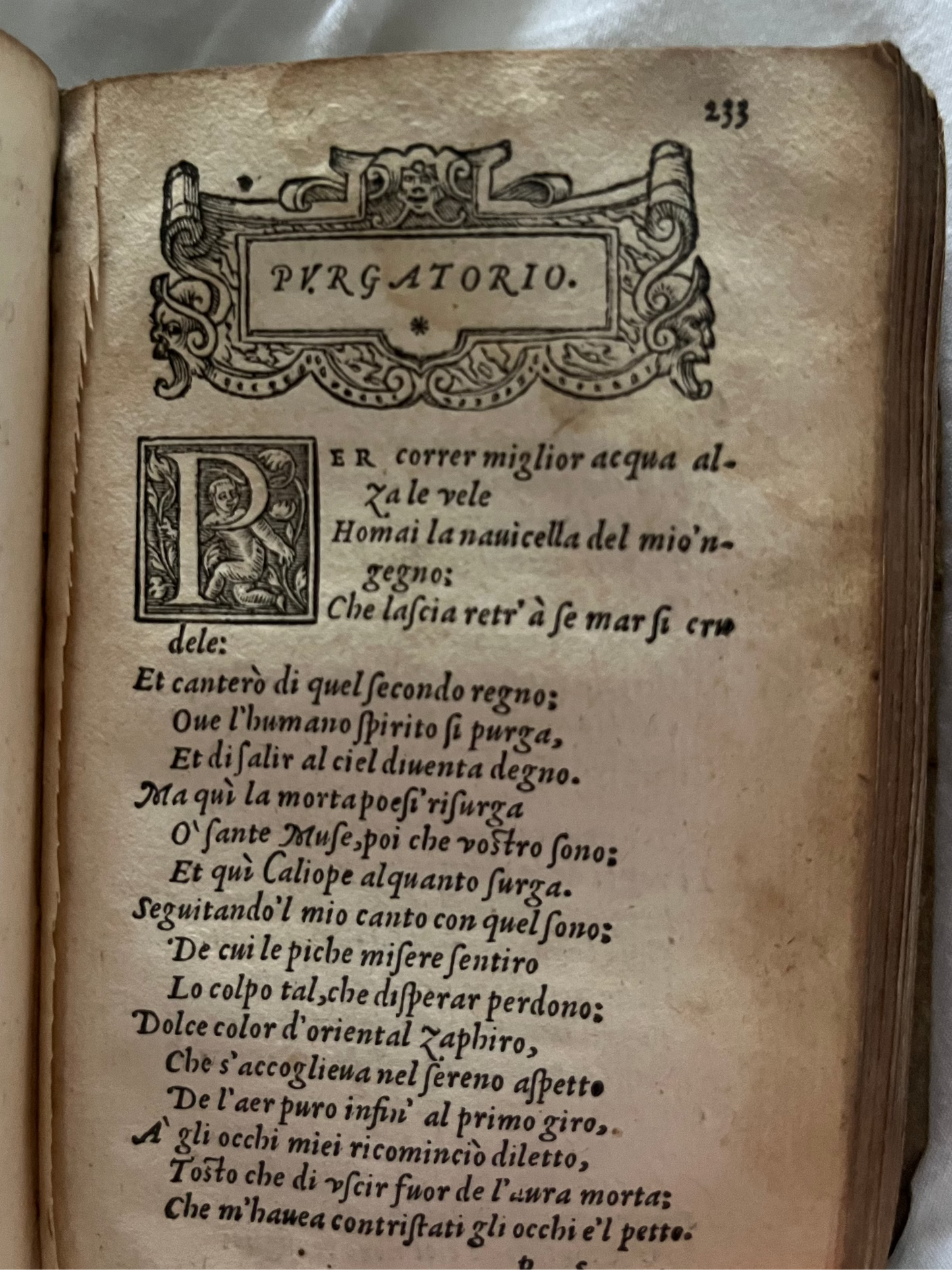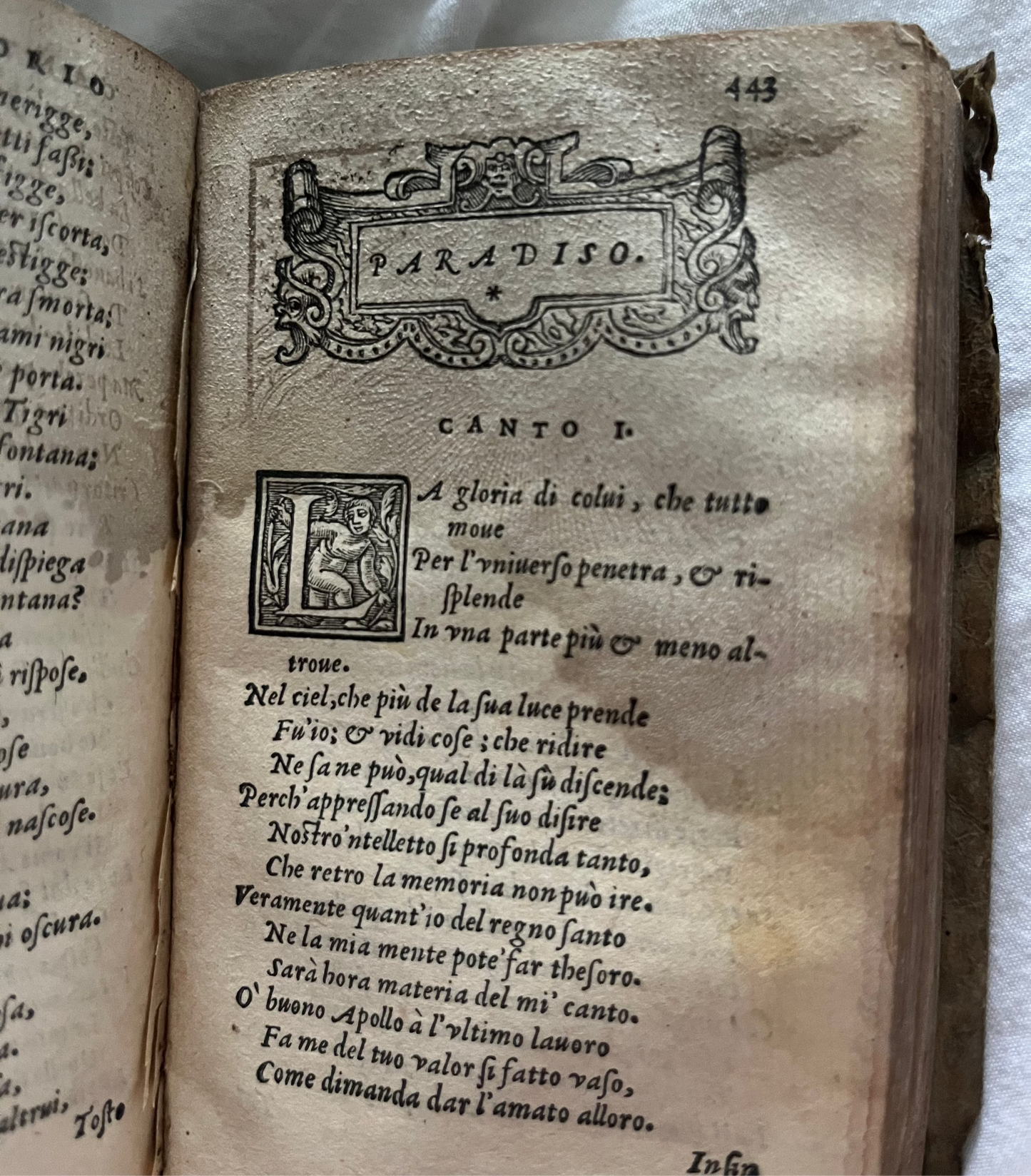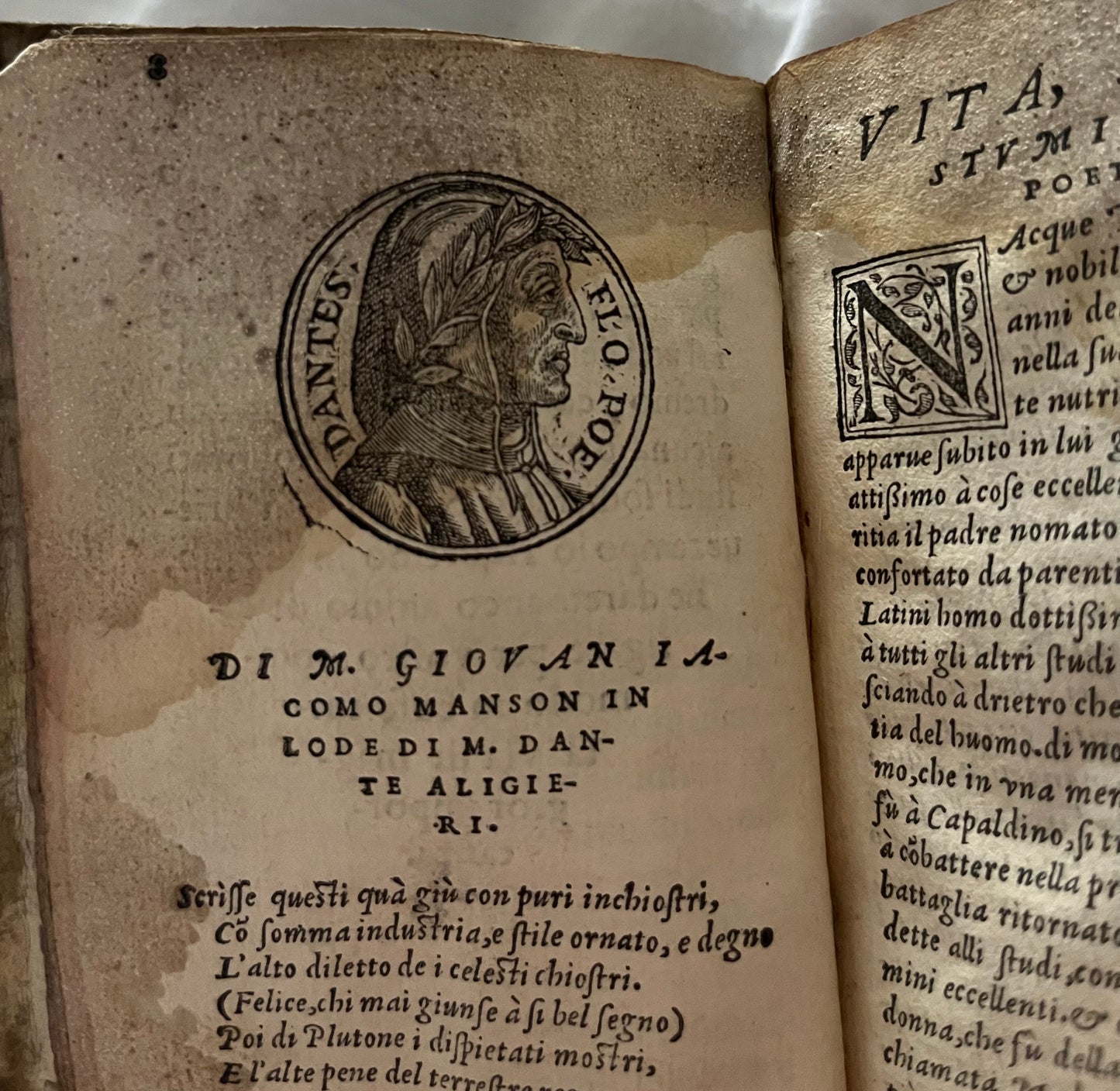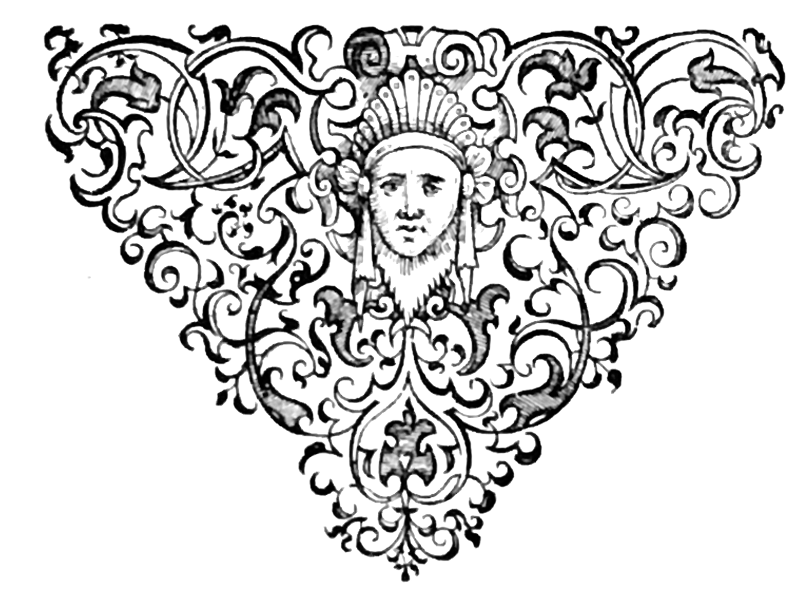De Bry Rare Books
An Incomplete and damaged copy of Dante's Divine Comedy but with Protogothic (12th Century) Binding waste - 1551 1st Rouille Edition Lyon
An Incomplete and damaged copy of Dante's Divine Comedy but with Protogothic (12th Century) Binding waste - 1551 1st Rouille Edition Lyon
Couldn't load pickup availability
This worn copy of Dante’s Divine Comedy is bound with 12th century parchment fragments in a protogothic script.
-Dante Alighieri
-Published by Rouille, Lyon, 1551
-Original Parchment binding, missing spine. 13th Century (Or earlier) binding waste in protogothic script
-Complete text but missing the 3 illustrated engravings: 644, (6)
Dante’s work is one of the most important works of the renaissance and was published many times from the early days of printing. "The Divine Comedy," written in the early 14th century, describes Dante's journey through Hell, guided by the Roman poet Virgil. The story focuses on the concept of sin and punishment, with Hell depicted as nine concentric circles, each representing different sins and their corresponding punishments.
As Dante descends through these circles, he encounters various historical and mythological figures, each suffering for their transgressions. The poem explores themes of morality, justice, and redemption, and serves as a critique of contemporary society and the church. The work is a cornerstone of mediaeval literature and influences literature to the modern day
This edition was published in Lyon in 1551 by Guillaume Rouille, and is the first Rouille edition. Unfortunately this copy is missing the three illustrations of Hell, purgatory and paradise. Text is otherwise complete and the book is small format in 16mo. There is significant water staining and stains to the text and overall condition is poor.
The worn binding which is lacking the spine, reveals 12th century binding waste in a distinctive protogothic script. The boards are attached but loosening. The written text is fragmentary but appears to be an extract from an unidentified mediaeval religious commentary (possibly for psalm 110).
A nice early edition with interesting early binding waste - faults as described
